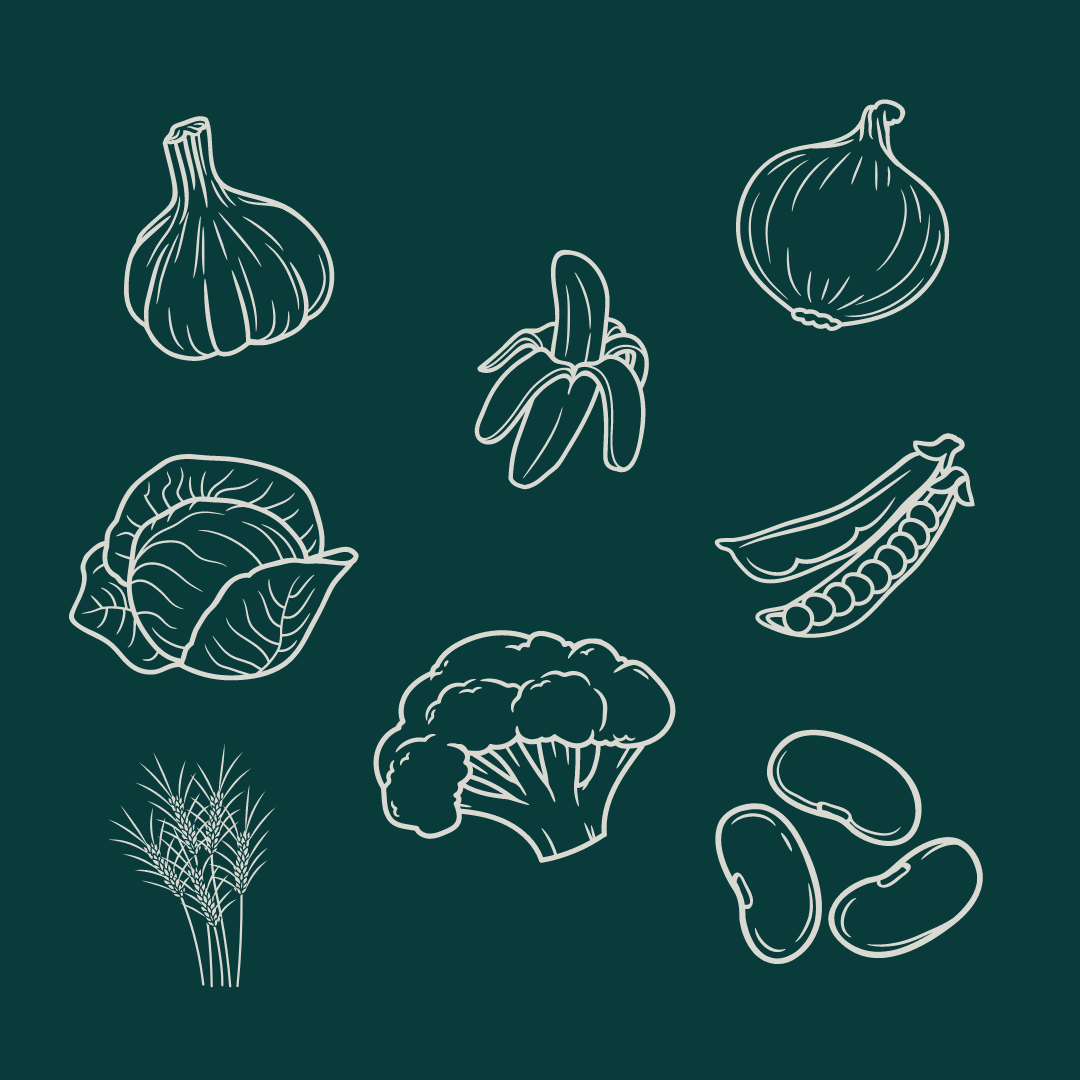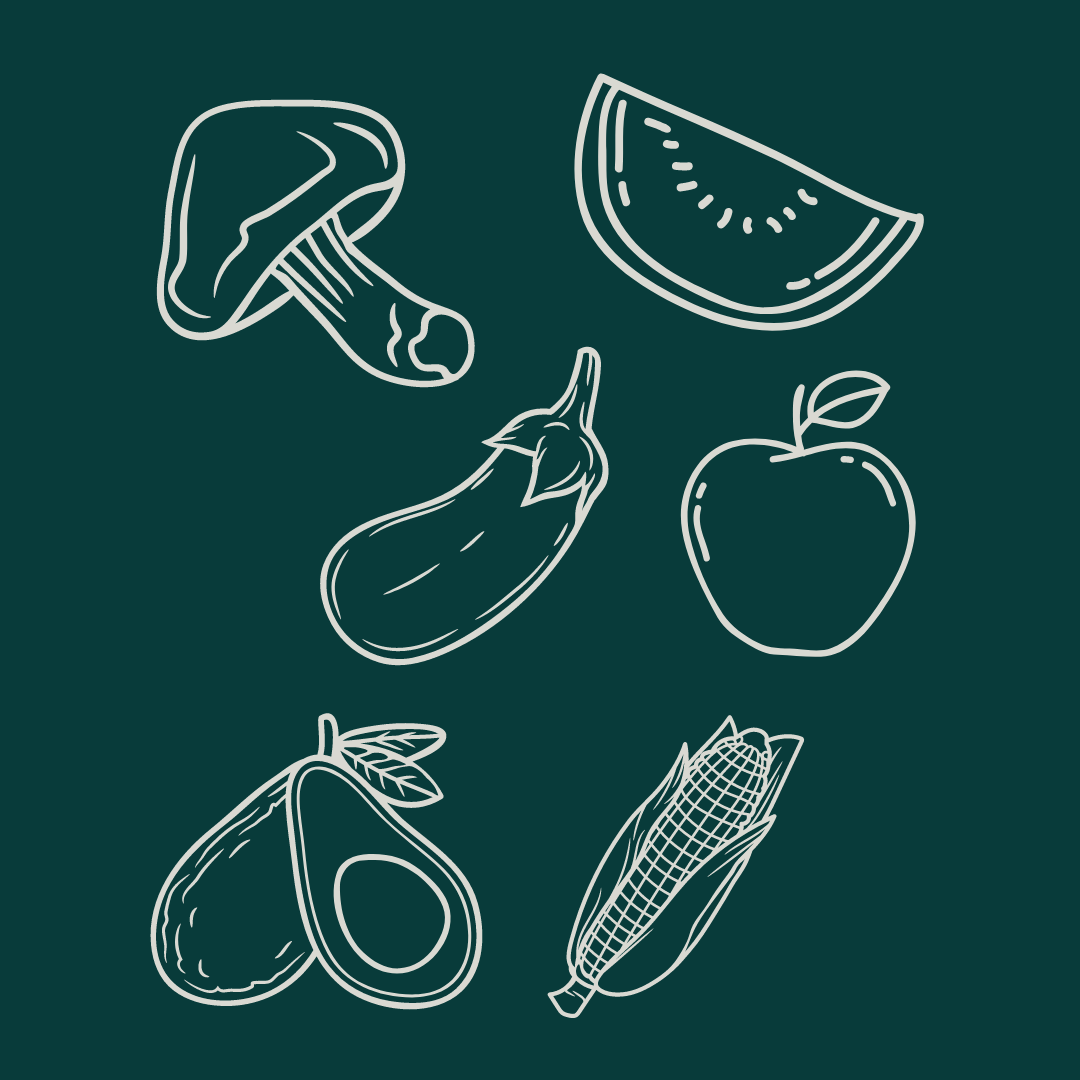What are FODMAPS?
FODMAP is an acronym for fermentable oligosaccharides, disaccharides, monosaccharides and polyols. They are more commonly know as short-chain sugars that the small intestine digests poorly.
What is IBS?
Irritable bowel syndrome (IBS) is exactly how it sounds, it is when your gut becomes irritated by the food that you eat causing a variety of symptoms from bloating and constipation to diarrhoea.

What are
Oligosaccharides
Oligosaccharides are made up of fructo-oligosaccharides (fructans) and galacto-oligosaccharides (GOS) which in combination are made up of short chain sugars that are incompletely absorbed in the human gastro-intestinal tract.

What are
Disaccharides
Disaccharides are made up of two sugar molecules combined together such as lactose and sucrose.

What are
Monosaccharides
Monosaccharides such as Fructose are a single sugar unit and can be absorbed efficiently in the presence of enough glucose.
How do FODMAPS give me IBS?
There are multiple answers to this question because there are multiple ways in which FODMAPS cause IBS but, at a quick glance, FODMAPs are so small in size that they attract water into the bowel resulting in diarrhoea. As the FODMAPs reach the large intestines, the gut bacteria then ferments them resulting in the other symptoms of IBS such as bloating, distention, pain,
constipation and diarrhoea.
How does FODZYME help?
-
Fructan Hydrolyse
ResearchCatalyses the bonds between the fructose and glucose in all types of fructans (FOS, inulin, levan) breaking them down into simple sugars that can be easily absorbed.
-
Alpha-Galactosidase
ResearchCatalyses the bonds between the sugars in GOS breaking it down into simple sugars that can be absorbed by the gut.
-

Polyols
Polyols are sugar alcohols found in certain fruits, vegetables, and sugar-free sweeteners. Some examples of sugar alcohols are Xylitol, Erythritol, Sorbitol, Maltitol.
